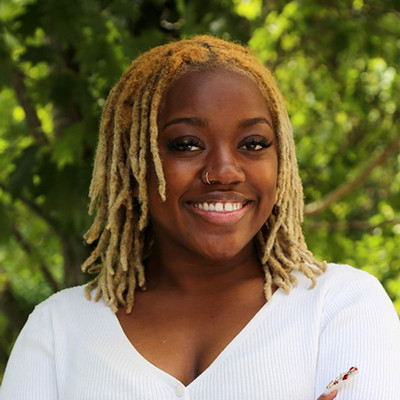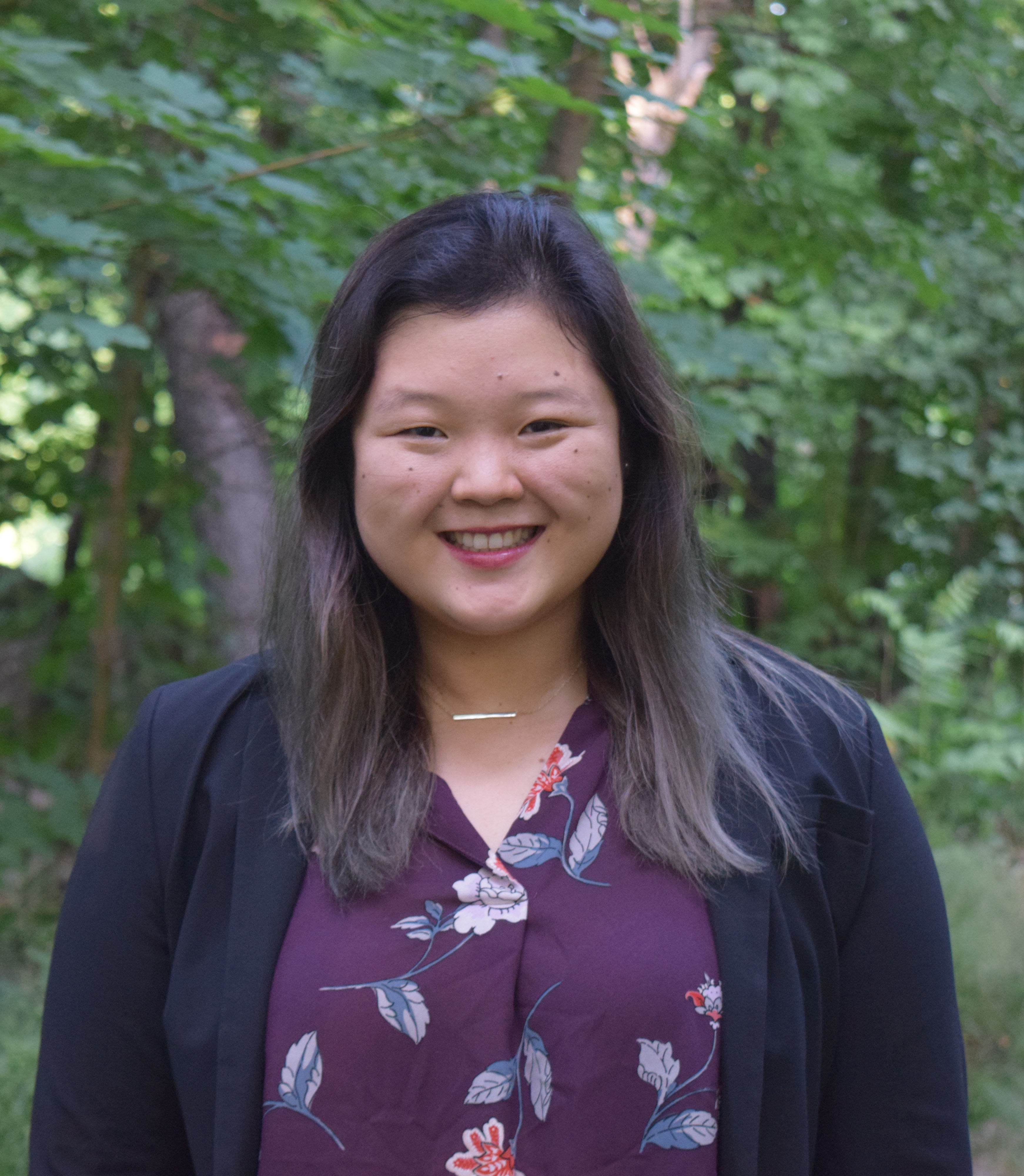 In this blog post, I decided to branch away from my own journey, thoughts, and advice. I’m calling this mini blog series “Meet My Cohort”, where I am inviting some of my classmates from our Fall 2021 cohort into the admissions blog room to hear about their experience before joining Heller and during their time here at Heller. To kick off this mini blog series I had the lovely opportunity to interview my classmate Katherine Gagen.
In this blog post, I decided to branch away from my own journey, thoughts, and advice. I’m calling this mini blog series “Meet My Cohort”, where I am inviting some of my classmates from our Fall 2021 cohort into the admissions blog room to hear about their experience before joining Heller and during their time here at Heller. To kick off this mini blog series I had the lovely opportunity to interview my classmate Katherine Gagen.
Katherine Gagen is 28 years old from Newton, Massachusetts. She joined Heller in Fall 2021, she is now a 2nd year MPP/MBA student concentrating in Economic and Racial Equity. She started with the MPP curriculum upon arrival. During the Fall 2022 semester, she is currently enrolled in two Social Impact MBA courses and two MPP courses. She will be finished with her degree in December 2023. She has her bachelors degree in Urban Studies and Hispanics Studies from Trinity College in Hartford, Connecticut.

What did you do before coming to Heller?
After graduating from Trinity College, I was awarded a Fulbright scholarship where I served as a English Teacher Assistant in Argentina, assisting individuals who wanted to become English teachers; I did that for a year. I then returned back to the States, where were I worked as an Executive Assistant with a surgeon, which was an entire 180, because I had zero math and science in my background. We traveled around the country, researching health care disparities between people in urban and rural areas, going to locations such as Montana, Puerto Rico, and Appalachia. I was interested in hearing about people’s stories, less on the medical side, but more so on how each community knew what they needed to do and how each community had solutions. I learned there wasn’t a one-size fits all solution. This piqued my interest in policy. I wanted to be in a more policy focused role and interacting with individuals on a policy level. If I stayed to work with her, I would be doing communications or marketing, which led to my job at the American Academy of Arts and Sciences, where I served as an associate on their American Institutions society and public goods team. We put out 31 recommendations on constitutional democracy . We worked on a big project “Commission on the practice of democratic citizenship” on its final report “Our common purpose reinventing American democracy for the 21st century”. We talked about civil society, people, community trust building, polarization Another project I worked on was “Making Access to American Justice”. I worked with this organization for two years. Then it made me realize I needed more skills. Even though I did as much as I did, I felt like I could not move up in the organization. Everyone I worked with had a PhD, so I knew I need to get these skills to do what I wanted to do and to make the impact I wanted to make.
Why did you choose Heller?
I had known about Heller for a really long time. I grew up in Newton, which is 10 minutes away, but always said I did not want to go to school so close to home. Yet as I was learning more about different master’s programs, there were two things that stood out the most to me about Heller. The first was the dual degree: schools like NYU have a MPA/MBA program, and other schools had numerous options for dual degrees. But Heller’s MPP/MBA dual degree stuck out to me because I knew I wanted to get the skills of the business degree, because I am not self-motivated enough to find these skills on my own, but public policy and social policy is what I am primarily interested in. The option to get both of these degrees, which compliment each other very well, provides a holistic review on how public and private organizations work together and gives you the skills to move between the two. The second thing that drew me to Heller was their commitment to social justice being underlined throughout all of the courses and all of the degrees.
What is your favorite class at Heller?
My favorite class was Practicing Social Justice Philanthropy: Purpose, Practice, and Problems with Professor Celeste Lee. During this class, we talked about what social justice philanthropy is and the questions that come along with it. I personally want to go into the philanthropic sector, so it was really beneficial for me to talk through this philosophical questions about the most pressing issues happening to people today. We also got the chance to give out grants to organizations: we had $15,000 to give away. We spilt the class into two groups, my group focused on civic engagement and we ran a whole grant cycle putting out request for proposals, reviewed applications, conducted interviews and at the end we invited our grantees to come and celebrate with us. The class provided a good insight on what the grant making process looks like in practice using real world dollars, which was really cool!
What is your most challenging class at Heller?
Accounting. But I will say the although the course itself is hard, Professor Brenda Anderson is so good at teaching accounting. She makes the hard topic easier to digest.
What are your plans after Heller?
I would love to work in the philanthropic sector or social impact investing sector. There are a few things I am actually interested in: my public policy interest is in democracy building and urban planning (which is my background and what I studied in undergrad). I am really interested in creating more equitable and democratic cities where people can actually come together across divides. Thinking about how cities are planned, for example: highways are blocked off to so many communities, so how can we reimagine that, and think of creative solutions to not marginalize or cities or segregate our cities. On the philanthropic side, I am interested in looking into the power dynamics that exist between donor and grantee, and how to make this process more equitable as well thinking about what can we do to make the grant application cycle more equitable? How can we redistribute wealth and resources that individuals can actually benefit from, instead of the top-down donor approach of “I want to fund this so I will only be giving money to this certain thing”? Ideally, if there was a way to combine these two interests, that would be really great. I am burnt-out from the non-profit space so I would be very excited to enter this other world.
Any advice you would like to give to prospective students?
Know why you want to attend graduate school. Don’t go to graduate school just to go. Have a reason even if that reason isn’t very specific. I know that sounds contradictory, but don’t do it just to get another degree, go to school with a purpose. If you have a purpose for why you want to go to graduate school, it will make your journey much more manageable in the way you navigate the courses you want to take and help benefit your career. If your purpose of going to graduate school is to narrow down your options, then that is okay, but do not do it just because. Also, don’t be afraid to advocate for yourself and your financial circumstances when applying to graduate school.
Thank you Katherine for stepping into the Heller Admissions Blog Room. Stay tuned for the next post of “Meet My Cohort”!
